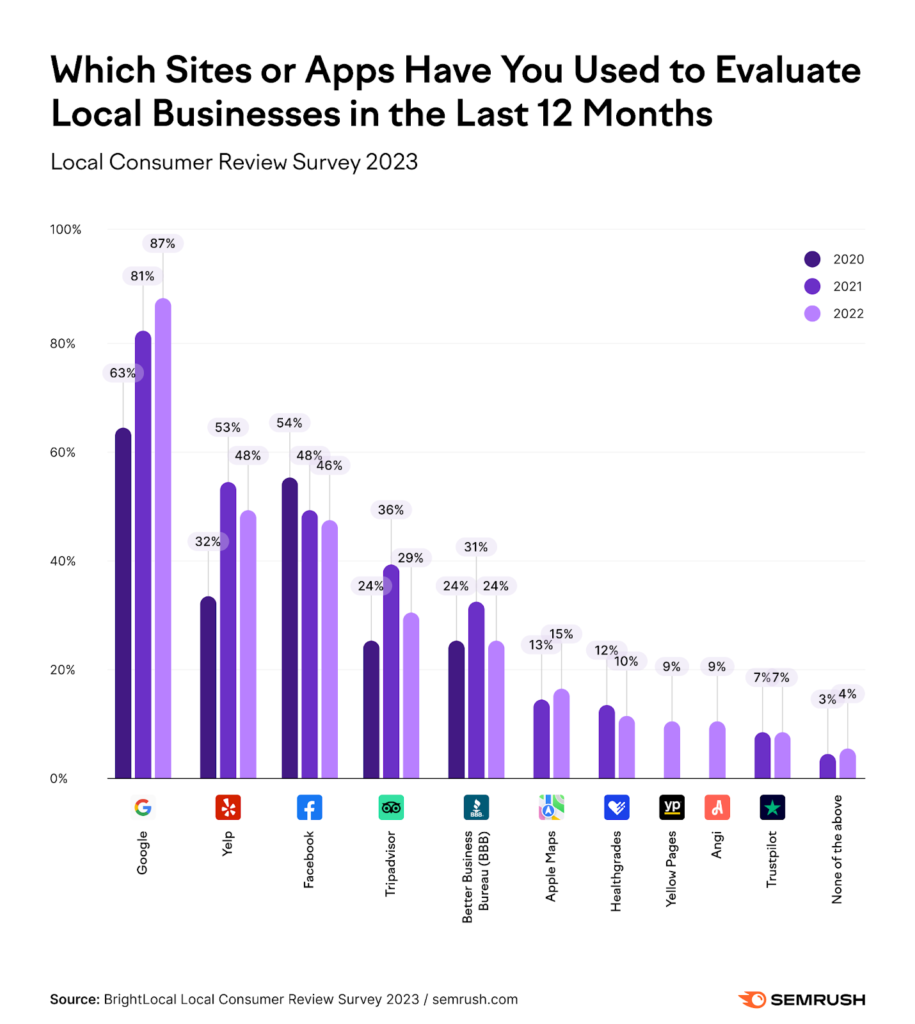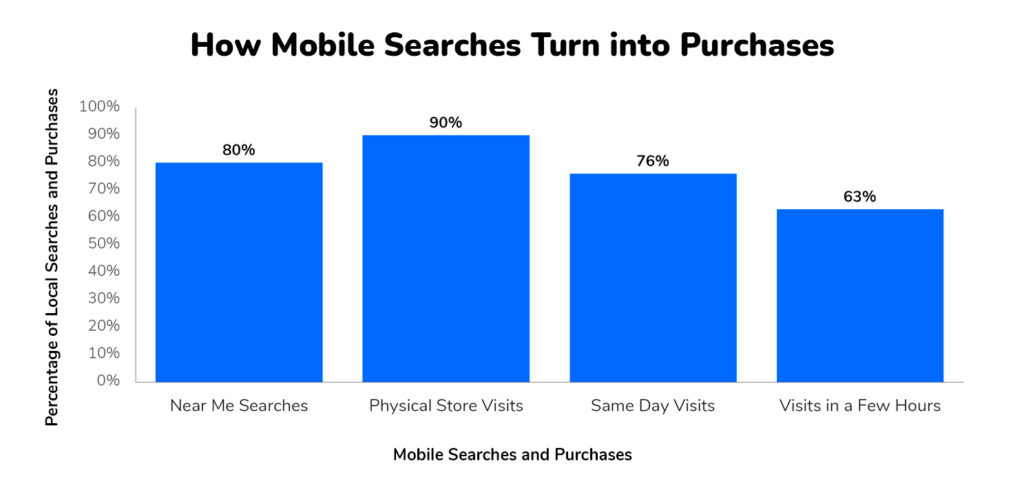Starting or running a small business is a challenge in itself. Small businesses are often manned by tiny teams or even are one-man projects and have very limited marketing budgets to begin with. That is why, if you are a small business company and you want to promote your website online, there are several ground rules for you. Finding SEO solutions that allow you to promote your products and services on a budget with the best possible ROI, making the most of local SEO, social media and whatever budget-friendly options are available to you. In this article, we will discuss the principles of creating an effective SEO strategy for small businesses or direct-to-customer projects of a smaller scale: how to do it, keeping the costs low and saving your efforts as well.

Key SEO Principles for a Small Business
Observing these principles will not only help you to cut down the costs of your SEO campaign, but also make sure your customers have a better user experience. Even though it might seem like a lot of effort to do this, it is a win-win investment situation, so we strongly recommend not to underestimate these.
1. Create a High-Quality Website
High-quality means not just visually attractive and aesthetically pleasing. All the important information must be presented clearly and be located only a click away from your user. Pricing, catalogs, service descriptions and conditions, the important things. Make sure there are no broken links, your pages load quickly. Pay special attention to site parameters that are important to search engines: your website needs to have a logical structure and be easy to crawl and index. Use HTTPS to secure your website. This not only protects user data but also is a ranking factor for search engines.
2. Prioritize Local SEO and Local SERP Rankings or Niche SEO
If you are a small business, chances are that you are either niche or local. For instance, if you run a globally shipping Etsy store, you are probably niche. If you have a yoga studio or do pottery workshops, you are local. The main focus for both locally or niche-oriented SEO is to make it as relevant as possible to user queries. Your website content should be relevant to what your potential users are looking up on the web. This includes using the right keywords in your content, meta descriptions, and headings. The better you match the search intent of your users, the better conversion you will have. Use long-tailed keywords that reflect your location or your niche.
Here are some important local SEO stats to ponder:

3. Be Mobile-Friendly
Chances are, most of your users will find you online using a smartphone. That is why it is essential that your website looks good on mobile: all its features are available, accessible and comfortable to use. Invest in mobile optimization as early as possible to create good user experience for your customers.

4. Use Branding Strategies for Small Businesses
Branding for small businesses is quite specific.
- Consistency
One thing you should strive for is consistency across all platforms where you promote: your website, your blogs, your social media. Consistent information helps your users form quick associations about your brand and increases its visibility.
- Local community Engagement
Participate and sponsor local events so that they can promote you on their resources in exchange. Support local causes or charities that align with your brand values. Engage with local users in conversations and discussions on social media. All this creates excellent branding opportunities and brand impressions for your customers.
- Personalize Content Interactions
Yes, a small business is already personal, but if you manage to take personalization to a new level, it will reap you a ton of benefits. Make sure you launch a loyalty program, deliver personal customer care, tag your prominent users or loyal customers on social media, collaborate with them and use their personalized experience and stories with your business to promote your brand.
- Use Google Maps
Claim and optimize your Google Business Profile. Add accurate business information, photos, and regular updates to engage with customers and improve your local search rankings.
Link Building for Small Business Websites
Link building remains one of the most important SEO aspects, as well as one of the most challenging ones. Like it or not, you will have to build and maintain a solid link profile to get noticed by your audience and offered a nice place in SERP. Here are some important best practices to observe when for your link building activities:
Engage with local media, journalists, influencers. Get listed in various local classifieds and catalogs. Actively use Google My Business. Encourage your users to leave reviews about you.
- Use niche-relevant backlinks
Chances are, that the more you narrow your audience down, the cheaper acquiring a good link becomes. At the same time, with a highly targeted audience, you will bet a higher conversion rate.
- Actively Use Social Media
The use of social media is free, but if you manage to create engaging, fun, unique content and share it with users on social media on a regular basis, there are quite a few perks. You will be able to drive organic, natural traffic which is the best when it comes to link building. You will also see positive effects on other SEO and marketing aspects, such as brand awareness and user loyalty.
How Serpzilla Can Help Small Business SEO
We at Serpzilla value our customers that run small businesses and are always striving to improve the services we offer with respect to the peculiarities of running a small business. Here’s what we can do for you, considering that your SEO needs are quite specific.
- Finding Quality Links
Use Serpzilla to search for websites that offer high-quality backlinks relevant to your niche. We offer a very fine-tuned search, and with our help, you can create a pool of link building prospects that perfectly suit you in particular. Be it guest blogs, local listings, niche topics, Serpzilla search can create a highly tailored list of potential link building opportunities for your business.
- Avoiding Penalties
The Serpzilla team is constantly checking and reviewing the link sources that we offer, making sure that we only feature links from reputable sources. This allows us to guarantee that all of our sources are relevant, real and not spammy and linking with them will not cause you any harm or search engine penalties.
- SEO Strategy Tips
We don’t just offer a great tool for link building and link analysis, our team experts gladly share expertise and pro tips for SEO marketers that come from all trades. You can follow Serpzilla’s blog where you can find a variety of articles and content about SEO. From crash course 101 to highly specific and advanced topics for seasoned SEO marketers.
- Great User Experience
We perfectly understand that time and effort is of greatest value for small business owners, and that people who market small businesses usually aren’t professional SEO marketers. That is why we strive to offer an easy, user-friendly interface and absolutely no learning curve. You can start link building immediately and monitor your outreach and link building campaign and results in a simple, self-explanatory manner.
Conclusion
Running a small business usually means that few people have to fill out a versatile number of roles, and one of them is a SEO marketer. Much hangs on how well you build your brand and market it on the Internet, but small business owners often just don’t have the time and budget for it. By observing the SEO marketing principles for small businesses we have described above, small businesses can do their SEO on a budget and in a way that is simple and doesn’t require too much effort. This way, they can concentrate on what’s really important for them: on improving their products or services and on growth.







